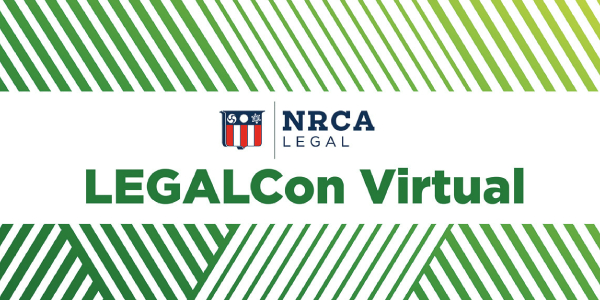Oregon’s Psilocybin Services Act

By Casey Verville, Cotney Construction Law.
Oregon recently became the first state to legalize the therapeutic use of psilocybin through ballot Measure 109.
Psilocybin is a tryptamine hallucinogen identified in over 100 species of mushrooms. Commonly referred to as “magic mushrooms,” the substance produces sensory alteration and serotonergic activity, which has led to clinical studies on its neuropsychiatric effects.
At the federal level, psilocybin is considered a Schedule I drug, meaning it has no recognized or acceptable medical use within the United States. However, in 2019 the Federal Drug Administration (FDA) granted psilocybin a breakthrough therapy designation for its potential efficacy in treating depression and other major depressive disorders. The breakthrough designation is defined as, “a process to expedite the development and review of drugs that are intended to treat a serious condition.” A substance will not be granted this designation unless preliminary clinical evidence indicates that the treatment may be a substantial improvement over currently available therapy. While the state of Oregon and four municipalities (Denver, Oakland, Santa Cruz, and Ann Arbor) have legalized the personal use and possession of small amounts of psilocybin, Oregon represents the first and only state to approve the substance for medical purposes which will necessarily involve the manufacture and sale of the substance—actions that were not made legal by the sweeping decriminalization efforts of ballot Measure 110.
Measure 109, which is referred to as the Psilocybin Services Act, passed with 56% of the roughly 1.9 million votes cast in November 2020. It directs the Oregon Health Authority (OHA) to regulate the manufacture, delivery, licensing, purchase and consumption of psilocybin at licensed psilocybin centers. The legalization and treatment program will not begin immediately. The Measure stipulates a 2-year development period from January 1, 2021 to December 1, 2022. During the two-year developmental period, the OHA will learn more about the therapy and adopt rules for implementation. The Measure also establishes the Oregon Psilocybin Advisory Board, which will advise and make recommendations regarding the safety and efficacy of psilocybin in treating mental health conditions to the OHA during the developmental period. The Advisory Board’s findings and recommendations about psilocybin will ultimately be distributed for public consumption.
After the two-year period, a person at least 21 years of age would be able to purchase, possess, consume and experience the side-effects of psilocybin only at a licensed psilocybin service center during a psilocybin administration session with a licensed psilocybin services facilitator. A prescription or formal diagnosis will not be required prior to participating in the therapy.
Measure 110 also establishes licensure eligibility criteria and directs the OHA to establish education and training standards for psilocybin service facilitators. The OHA will not issue licenses during the developmental period. The measure also requires that psilocybin products be tested in a licensed laboratory and packaged and labeled in compliance with specified requirements. Finally, the measure allows the OHA to discipline licensees for noncompliance and take any action to prevent the diversion of psilocybin to an unlicensed person or entity.
In terms of fiscal impact, state revenue and expenditures will be impacted as well as local government expenditures—though the level of impact is indeterminate at this time. The Measure does impose a 15% sales tax on the retail sale of psilocybin products which is designed to serve as a source of funding for the program. It is estimated that it will cost $5.4 million to initially implement the program which is to be appropriated from the state’s General Fund. Once the program is established, ongoing costs are estimated at $3.1 million annually which is anticipated to be covered by the taxes and fees collected for administrating the program. These development cost estimates are based on the cost it took to develop the Oregon medical marijuana program following the passage of Measure 67 in 1998.
Veterans with PTSD, terminally ill patients and others suffering from depression and anxiety have voiced support for the measure, while the Oregon Psychiatric Physicians Association and American Psychiatric Association argued against passage of the measure, citing that science had not yet indicated that psilocybin is a safe medical treatment for mental health conditions.
Disclaimer: The information contained in this article is for general educational information only. This information does not constitute legal advice, is not intended to constitute legal advice, nor should it be relied upon as legal advice for your specific factual pattern or situation.
Cotney Construction Law is an advocate for the roofing industry and General Counsel of NRCA and several other industry-related associations.
For more information, contact the author at 866.303.5868 or go to www.cotneylaw.com.























Comments
Leave a Reply
Have an account? Login to leave a comment!
Sign In